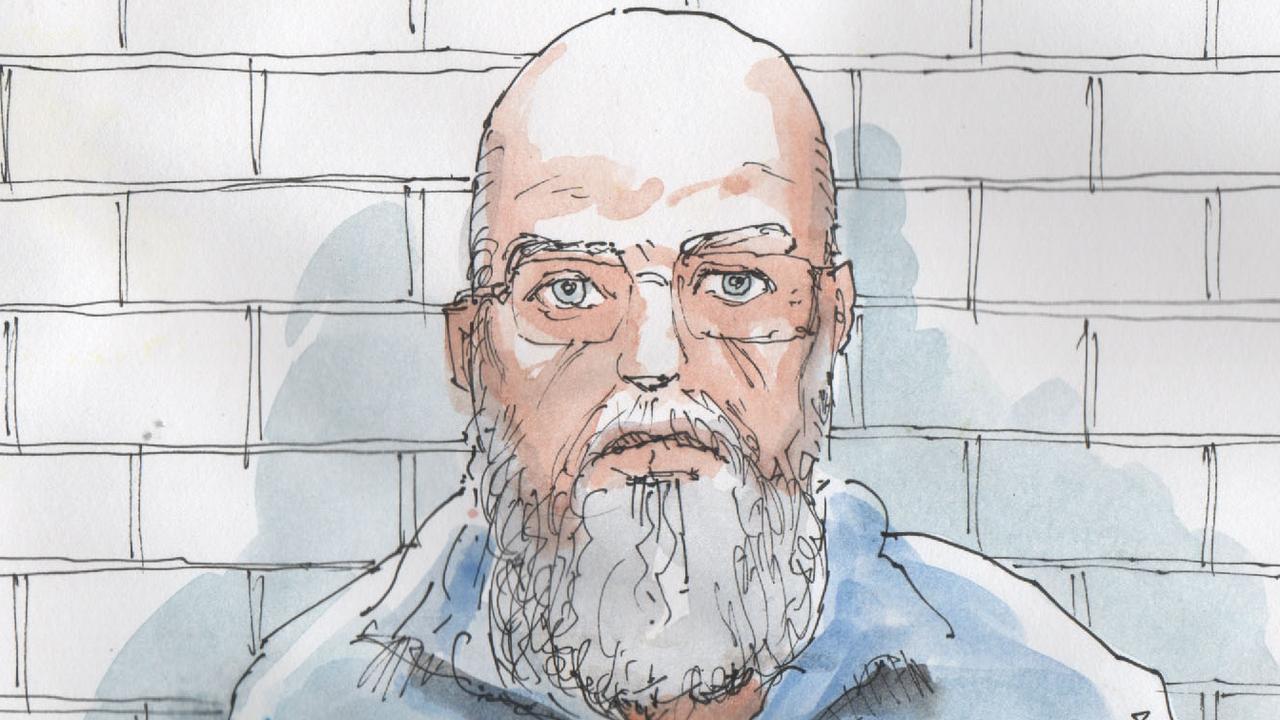Truck driver’s $54m lawsuit against grain transport companies dismissed
A truck driver’s $54 million lawsuit against two South Australian transport companies has been dismissed, exonerating them of alleged breaches of contract, defamation and conspiracy.

Law and Order
Don't miss out on the headlines from Law and Order. Followed categories will be added to My News.
A truck driver’s $54 million lawsuit against two South Australian grain transport companies has been dismissed, exonerating them of alleged breaches of contract, defamation and conspiracy.
The Supreme Court has ruled in favour of Glen Carron Pty Ltd and Garden Grove, who were being sued by driver Clayton Wentworth and his business, Nanosecond Corporation.
In his judgment, Justice Sam Doyle said Mr Wentworth had failed to establish if any false or malicious statements had been made against him — let alone that a conspiracy existed.
“Mr Wentworth is an intelligent and articulate man, (however) in some respects I have found his evidence to be deliberately untruthful,” he said.
“In other respects, the unreliability of his evidence appears to have arisen more from a lack of perception as to his own shortcomings (and) the impact of his conduct upon others.”
In his claim, Mr Wentworth, 69, said he had been hired to provide haulage for both companies in February 2015, but that they ceased to employ him in April 2017.
He asserted that was a breach of contract, and that the companies had engaged in “misconduct” through “injurious falsehoods” designed to ruin his reputation as a driver.
Central to Mr Wentworth’s claim were a series of covert recordings he had made of conversations so he could “keep a record” of any abuse.
The companies rejected those assertions, saying Nanosecond was employed only as a subcontractor and so had received no guarantee of ongoing work.
They added there had been “numerous complaints and negative comments” about Mr Wentworth.
They included allegations of “erratic driving”, that he had “run some trucks off the road” and that he had been banned from picking up grain at two sites.
In his judgment, Justice Doyle said it became apparent at trial the recordings were “heavily, and in several respects, misleadingly” edited “to disguise what had occurred”.
“Importantly, several of the edits made to the recordings altered the meaning of parts of the conversations,” he said.
“On my first listening, I did not realise that there were phrases and passages that had been edited out.”
He said Mr Wentworth had acknowledged, but given “unsatisfactory” reasons for, his “careful and painstaking” editing, which “overlooked the misleading nature” of the recordings.
“Mr Wentworth’s position and evidence throughout the trial was that he was a highly competent heavy combination vehicle driver,” he said.
“(His position was) any suggestion to the contrary was ‘total unadulterated nonsense’, a ‘complete fabrication’ and essentially a perpetuation of the malicious conspiracy.
“He presented as someone who was so utterly convinced of his own skill … that he simply could not or would not countenance any criticism made of him or his performance.”



